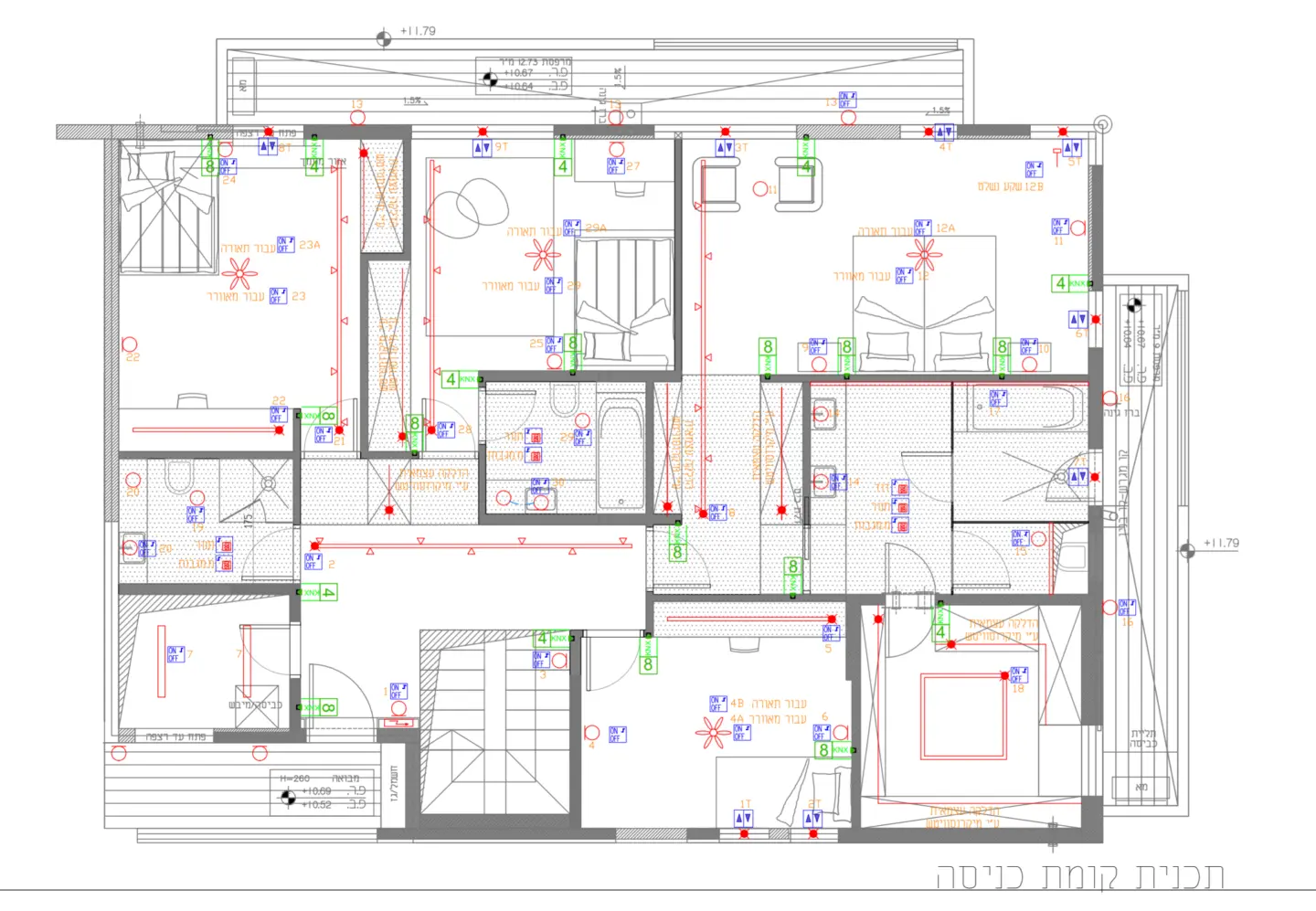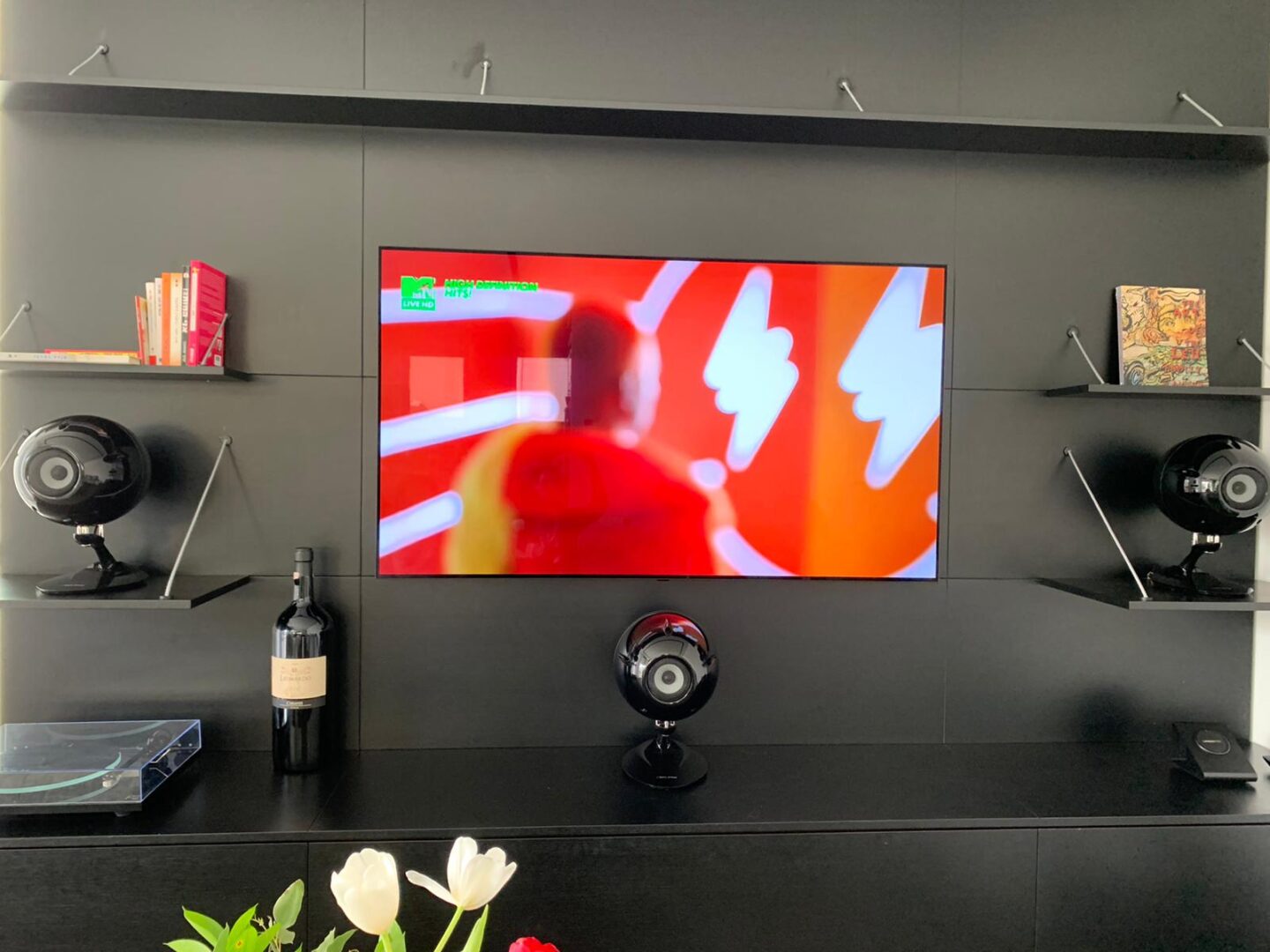The reason
Since the human ear does not hear frequencies in a linear way, especially at low frequencies, it is necessary to decide on a constant volume (reference point), at which all recordings will be made. A shared “language” between one editing studio and another and of course will be used in home and commercial movie theaters.
This power will ensure that the balance is maintained, all platforms and scales will be able to enjoy the true director’s direction, while editing the soundtrack.
How It Works
The recordings are actually made, with each audio channel calibrated to 85 decibels, with a dynamic range of 20 decibels, which means that each speaker is required to produce 105 decibels at the listener’s seating point.
An exception is the LFE channel – a low-frequency (bass) effects channel produced by a sub / multiple subwoofers scattered throughout space. This channel is recorded at 95 decibels with a dynamic range of 20 decibels – when the action intensifies in the film it will have to produce 115 decibels at the listening point.
The listener's distance from the speaker
The manufacturer provides us, the maximum power data of the speaker from a distance of only 1 meter. In reality, the listener is not located so short of a distance from the speaker. It should be emphasized that in most home speaker companies, this figure is not provided at all.
Each doubling of distance, for example from one meter to two meters, will reduce the power by 6 decibels. As cinema planners, we must always take this figure into account when choosing equipment and listener locations.
How does this relate to your system at home?
If you really want to experience the “poet’s intention” at the most faithful level, you will need a system that knows how to meet these powers, without distortions, without compression, over time and in a reliable way.
There are almost no home speakers, from “standard” companies that can provide an answer to this. This is one of the main reasons we chose to work with PRO companies, which are also tailored to the needs of home users.
Speakers requirements
The combination of speakers and amplification, should be able to withstand a power of 105 decibels from each speaker, effortlessly and reliably, at the listening point.
Speaker with standard single element Soft Dome Tweeter – will not be able to stand it
Subwoofers speaker requirements
This speaker should be able to provide 115 decibels at a listening point. In reality, the requirement is much stricter, since the subwoofer also produces low tones, routed to it from other channels (surround / atmosphere speakers, center and front). For a system of 5 speakers with frequency routing Subwoofers there will be required a power of 6 more decibels and for a system of 7 speakers 8 more decibels in addition to the initial 115 decibels.





